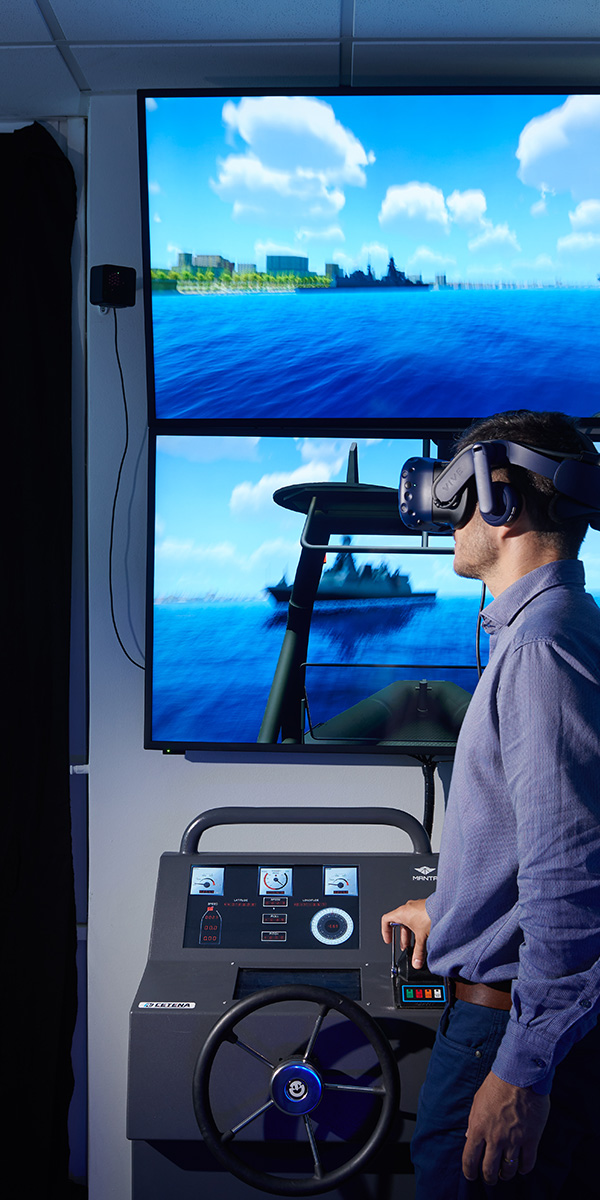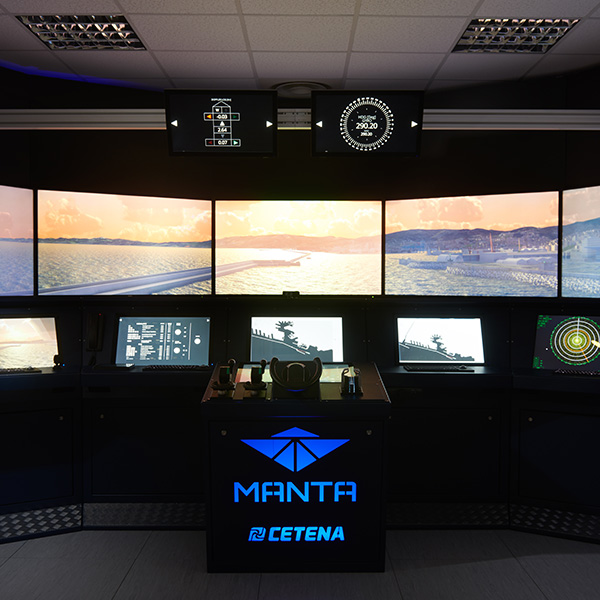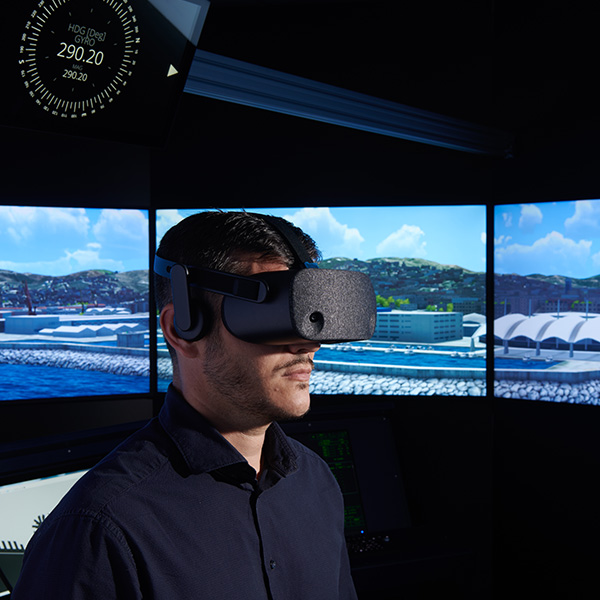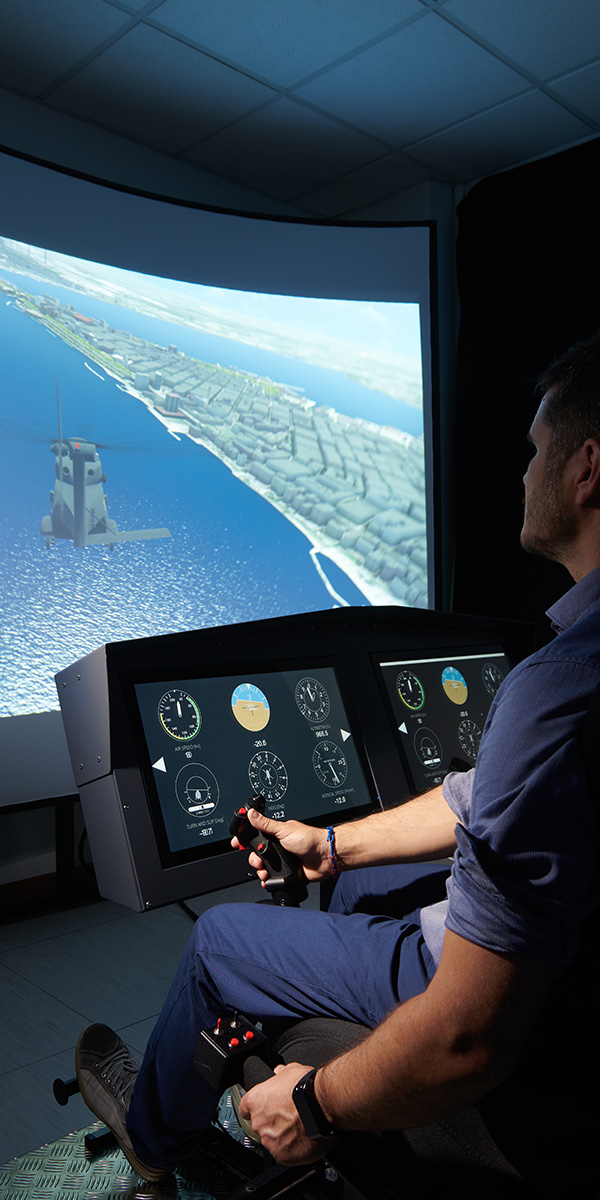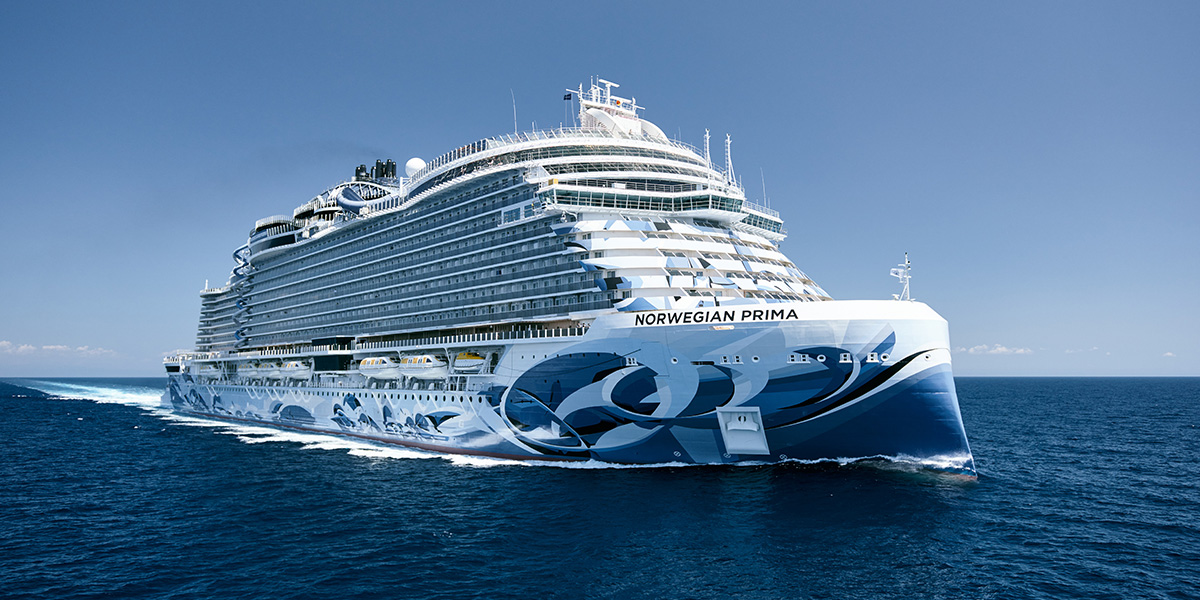Innovating for a smarter, more sustainable world
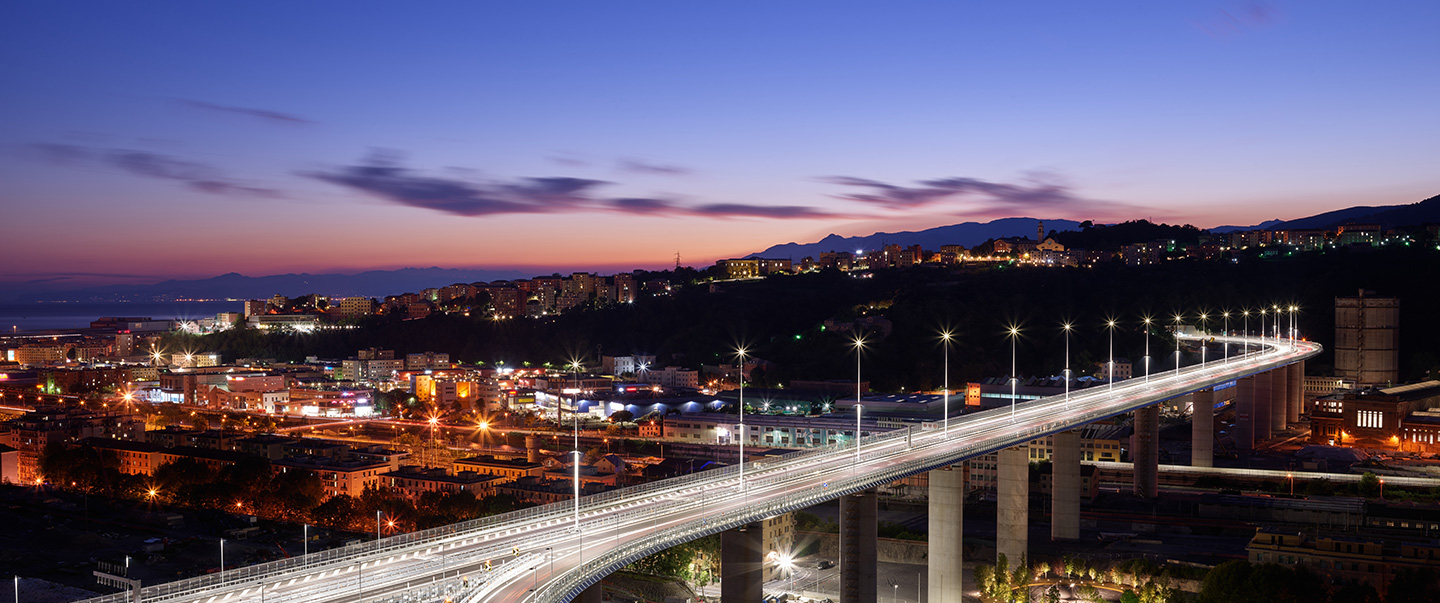



Fincantieri participates in the most demanding challenges promoted by the NRRP
Internet of things (IoT), Artificial intelligence (AI), Big data: digital innovation has pervaded the lives of Italians during the Covid era with a boom in digital payments, video chats, streaming, and e-commerce. Meanwhile, the corporate world has been dealing with this revolution for some time now, integrating digital technology to optimise production processes, increase efficiency, improve customer experience, and create new business models.
For the Fincantieri Group sustainable development through digital innovation represents an opportunity to lead the next maritime revolution and design the future of waterborne transport. Algorithms and sensors suggest the best navigation routes, support crew decisions, optimise loading/unloading, and provide information for preventive maintenance of the thousands of systems on board. These innovative solutions have significant ramifications on the entire value chain, from the design of new systems to their monitoring and maintenance in the after-sales phase, as well as strong implications on cyber security aspects. Digital systems are applied at every step of production so that cruise ships (fully-fledged floating Smart Cities) are able to interact with thousands of tourists and the entire maritime infrastructure ecosystem - such as ports or shipyards - promoting sustainability at every level.
Consistently with this strategy oriented towards continuous innovation, Fincantieri has joined a number of research initiatives promoted in the context of the NRRP, the National Recovery and Resilience Plan, which not coincidentally directs more than a quarter of its resources to digital innovation.
Fincantieri is a member of:
• National Research Centre in High Performance Computing, Big Data and Quantum Computing
Fifty-one founding members, both public and private, from the scientific research and industry world. The Centre, proposed by the National Institute of Nuclear Physics, will enhance the Bologna Technopole, which already houses the European Weather Centre Data Centre and the Infn Computing Centre, and which is now preparing to host the Leonardo supercomputer, capable of 250 million billion operations per second. The Centre will carry out Research & Development activities on a national and international level in the field of simulations, calculation and high-performance data analysis.
• National Centre for Sustainable Mobility
25 universities, and their research centres, have joined forces with 24 large companies active in the field of mobility and infrastructure, with the aim of leading the green and digital transition from a sustainable perspective, ensuring the industrial transition and supporting local institutions in the implementation of modern, sustainable and inclusive solutions. An ambitious project, which envisages an investment of €394 million for the first 3 years (2023-2025), involving 696 researchers from partner institutions and 574 new recruits. It aims to be a tool for growth and development in a key sector such as mobility, which is estimated to reach a national value of €220 billion in 2030, absorbing 12% of the workforce.
The activities of the National Centre for Sustainable Mobility will focus on five technological areas (in addition to waterborne transport, also air mobility, sustainable road vehicles, rail transport, light vehicles and active mobility), aiming to make the mobility system 'greener' as a whole and more digital in its management.


